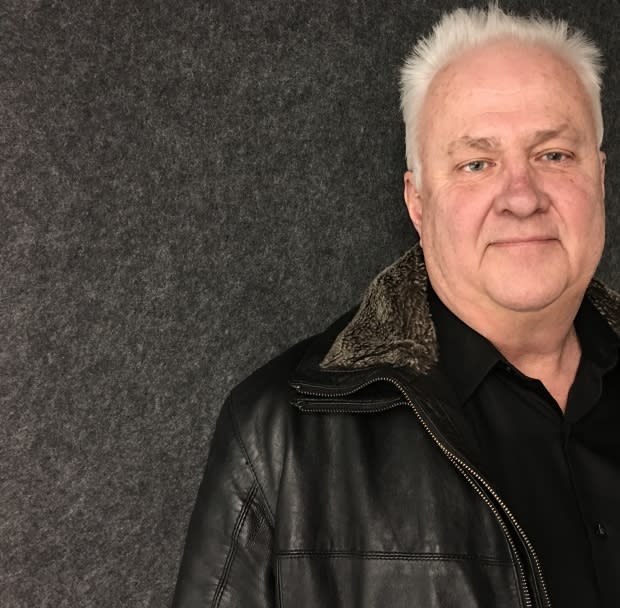Airdrie man behind Canadian non-profit that has built 3,000 homes in El Salvador
In 2001, an earthquake in El Salvador killed more than 900 people and destroyed over 100,000 homes.
In the aftermath, Airdrie, Alta. resident Jim Noble enlisted the help of a few friends and members of his church to help the people of El Salvador put their lives back together again.
Noble spoke to host Kathryn Marlow on The Homestretch Thursday about how that initial impulse to help turned into Shelter Canada, a non-profit organization that's helped build 3,000 homes in El Salvador.
This interview has been edited for clarity and length.
Q: Take me back to that first trip in 2001. What made you want to go?
A: Well there was a request for help. I sit on a mission board for our denomination … and decided, well I'm sitting on a board in missions. Maybe I should participate in some. So I got together a group of 10 guys and we went to El Salvador for a week and we worked very, very hard [on that trip] to build three homes.
Q: When did you decide to build homes? Were you sort of assigned that task?
A: That was kind of the decision that had been made previously — there was something like a quarter million families without homes at the time in the country. So that was what they needed.
Q: What kind of homes are we talking about?
A: Well they're pretty simple homes there — about 400 square feet. They're made out of galvanized steel and they have two little bedrooms, a little sitting area and a porch out in the front that's covered.

Q: So you've mentioned that you worked really hard to build those original three homes. And then you came back to Canada. Why did you want to keep going?
A: It was so fulfilling, just to see even those three families, to see what we were able to do [to change people's lives for the better]. You know, our mission really was to build them homes and share God's love — people that are in desperate situations know that God loves them and we were the people that had the opportunity to do that.
So then the opportunity came to do it more often, and we did.
Q: Were you talking to them about your faith as well, when you talk about sharing God's love?
A: I don't know that you need to do a lot of talking. Of course we talked to them about it. But I think for once in their lives, they actually got to see it in action. St. Francis of Assisi says in all cases share God's love and if necessary, use words. We kind of work by that motto at Shelter.
Q: What kind of response did you get from them?
A: The El Salvador people are very loving people. They just came out of a war that lasted from 1980 to 1993. They just had an earthquake. So to say that that they were very nervous and concerned would be an understatement.
We weren't originally welcomed into the villages — the reaction was something along the lines of 'what are these strangers from Canada doing in our village?'
There was a lot of hesitation in the beginning, but as time moved on we saw a completely different approach taken toward us.
Q: If you weren't welcome, why did you keep trying to help?
A: I'm not saying we weren't welcome. They were just — at that time the men would hide behind trees and the women would sit in a chair and watch us.
Today, the men — if you're wanting to build a house in El Salvador, it's hard to keep a tool in your hand — because the men want the tools and the women want to help.
Q: When did you go from a group of guys who went down to sometimes build houses to setting up a nonprofit and getting to the point where you were building houses?
A: We started a not-for-profit called Shelter Canada and we worked through an organization called The Great Commission Foundation. They handle all of our administration. They charge us five per cent, so 95 cents out of every dollar goes to help in El Salvador.
No one here in Canada gets paid. And it has just ballooned since then. I think probably the fact that people can go down and use their hands and help people, the fact that there is not a high cost going to pay executive salaries and the fact that they can see a house not only started, but finished, and people move into it while they're there — those three things really make a huge difference.
With files from The Homestretch

